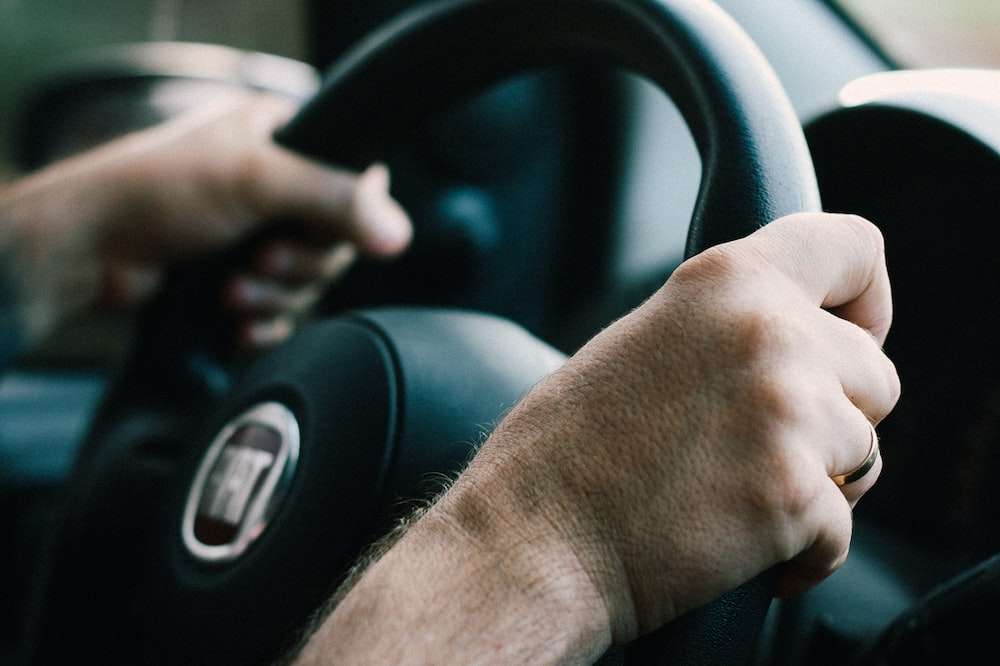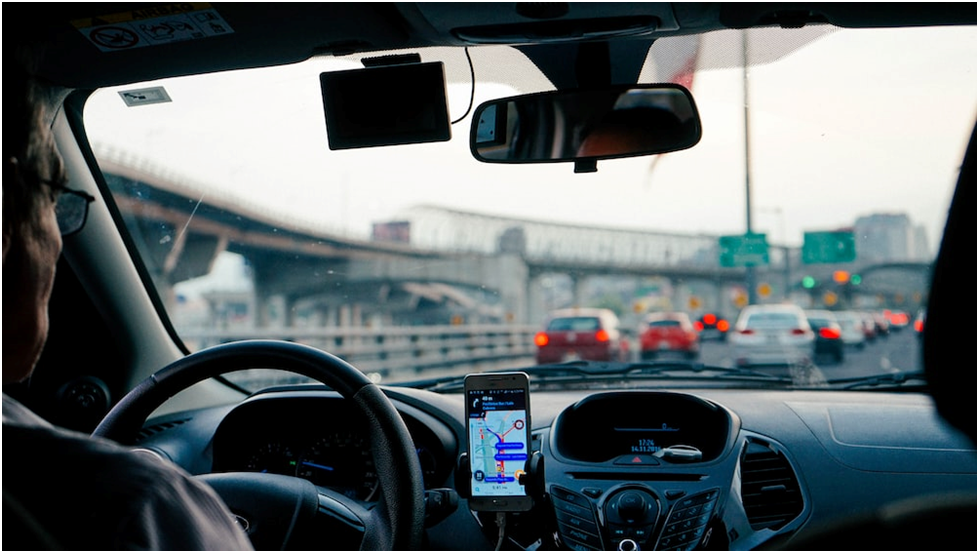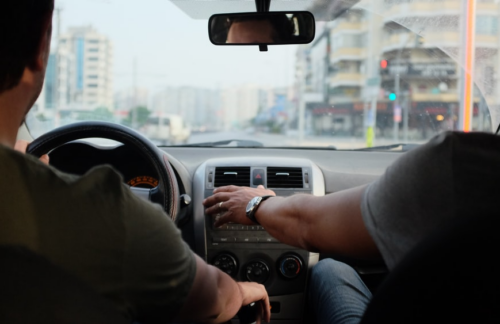The vast majority of people need a reliable mode of transportation to commute to and from work and do necessary errands in their daily lives. In most places in the U.S., we need a car to complete these tasks and a driver’s license to operate a vehicle. However, those necessary trips become more challenging when you lose your license.
License Suspension vs. Revocation
Losing your license means you have either a license suspension or revocation. The differences between them involve the seriousness of the motor vehicle violation and the time frame for losing driving privileges.
The causes for a license revocation involve committing more severe offenses than those that lead to a suspension. Both are similar, but a suspension is usually temporary. You can reinstate your existing license after paying the associated fines and completing other requirements. In contrast, the consequences of revocation are more severe and can be permanent. Reinstating your driving privileges after a revocation requires starting an entirely new driver’s license application.
The repercussions of losing your driving privileges are severe, so do all you can to maintain a spotless driving record if you don’t want that experience! Below are the most common causes that people lose their driver’s license.
Reasons Your Driving License Can Be Suspended or Revoked
1. Driving Without Insurance
Implied Consent statutes require all vehicle owners to maintain auto insurance coverage. Put another way, if the police pull you over and you can’t provide proof of insurance, the state can fine you and suspend your license. Uninsured drivers may even face jail time for repeat violations.
Regaining driving privileges requires proof of current insurance coverage. You may have to file an SR-22 certificate attached to your insurance policy to reinstate your license. If you’re shopping for insurance, it’s always a good idea to compare several rates and inquire about any special offers for which you might qualify.

2. Committing a Serious Motor Vehicle Offense
It is possible to have your driving privileges suspended or revoked after committing violations such as DUI or reckless driving involving severe injury. Leaving an accident scene where you’re involved is another major infraction that results in a license suspension. You must wait at the car crash site until the police arrive. Remaining at the scene of an accident can be nerve-racking. Still, if you leave, you risk losing your license and going to prison, depending on the circumstances.
These kinds of motor vehicle offenses make filing an FR-44 insurance certificate mandatory.
3. Carrying Alcohol While Being Underage
In Virginia, adult drivers 21 and older with a BAC of 0.08% or greater face a one-year license suspension. The BAC limit for drivers under 21 is 0.02% to < 0.08%, with a one-year license forfeiture. Moreover, those who are not yet of driving age or who do not have a valid license may have to wait up to a year before they can apply for one.
4. Accumulating Too Many Points
Virginia’s Moving Violations and Point Assessments rates drivers on a point system. The state assigns demerit points for all traffic violations, including minor and out-of-state offenses. The number of points added to your record depends on the offense; each additional violation adds more points to your record. If you obtain any of the following, the state could suspend your driver’s license for six months:
- Four points in 1 year
- Six points in 2 years
- Eight points in 3 years

How To Get Your Driving License Reinstated In Virginia
Restoring your driving privileges in Virginia requires different procedures depending on the infraction that caused the suspension. After a Virginia license suspension or revocation, you will get a notice via first-class mail detailing the violation and the conditions you must follow to reinstate your license.
There is typically paperwork to fill out and a $145, $175, or $220 reinstatement fee (depending on the offense). You may need to attend a driver improvement program before reinstatement involving certain violations.
In Virginia, filing an SR-22 or FR-44 insurance certificate through a high-risk insurance provider may be mandatory to reinstate your driving privileges. These documents verify that you have the minimum insurance coverage required by law. Obtaining a Virginia SR-22 certificate may be necessary if you are found guilty of the following infractions:
- Taking to the road uninsured
- Concealment of insurance-related information
- Reckless driving
- Manslaughter (voluntary or involuntary)
- Accumulating too many tickets (points)
For other violations, such as those listed below, you’ll need to buy FR-44 insurance in Virginia:
- Drinking and driving
- Intoxicated driving results in physical harm
- Underage driving using a revoked or suspended license
Obtaining SR-22 insurance in Virginia or high-risk FR-44 insurance is ausually a simple process that your insurance provider can handle. Filing a certificate for FR-44 or SR-22 insurance in Virginia isn’t expensive, but your insurance costs are likely to increase.

Need Help Getting High-Risk SR-22 & FR-44 Insurance In Virginia? UltraCar Insurance Can Help!
If you or a friend has a suspended Virginia driving license, get high-risk insurance coverage with UltraCar Insurance, one of the most experienced SR-22 FR-44 Insurance providers in Virginia. We have helped drivers get back on the road with affordable high-risk insurance policies since 2012.
We also offer Non-Owner SR-22 Insurance and Non-Owner FR-44 Insurance in Virginia for drivers who don’t own a vehicle. Contact us today for auto insurance to suit your needs and a quick DMV filing of your certificate.

